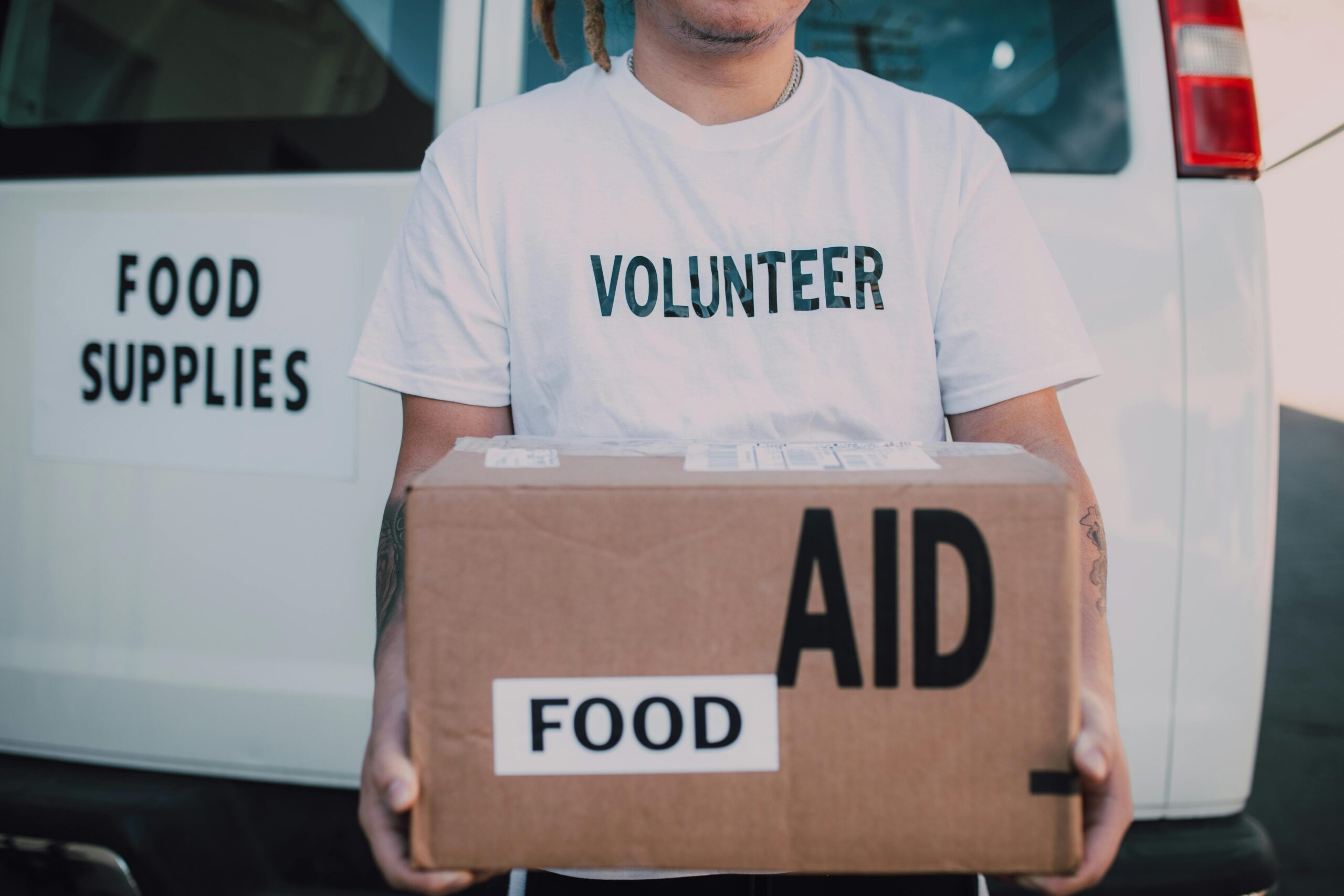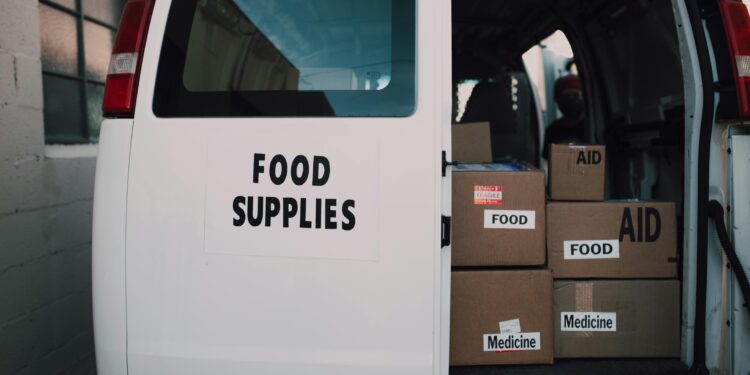In response to the escalating humanitarian crisis in Gaza, the United States sent a letter to Israel on October 13, outlining steps needed to improve conditions within the region. The letter set a 30-day deadline for Israel to meet these requirements or face potential restrictions on U.S. military aid.
Aid Groups Report Noncompliance and Worsening Conditions
On the deadline day, a coalition of eight major international aid organizations, including Oxfam, Save the Children, and the Norwegian Refugee Council, released a report. According to the report, Israel failed to meet the U.S. demands and even took actions that worsened conditions in northern Gaza. The aid groups highlighted the intensified struggles faced by residents as access to food, water, and medical supplies became increasingly restricted. They noted that, without urgent changes, certain areas could face imminent famine.
Israel’s Response to the Allegations
In contrast, Israel claimed it had met most of the U.S. requirements. An Israeli official emphasized that additional measures were under discussion, specifically focusing on safety issues. Israel stated that it had taken steps to improve the flow of aid, such as opening a new crossing into Gaza and coordinating food and water deliveries to northern Gaza communities. However, the aid groups argue these efforts are insufficient and have not effectively alleviated the worsening humanitarian crisis.

U.S. Position Remains Unclear
The U.S. State Department has yet to issue a definitive statement on whether Israel has satisfied the stipulated humanitarian conditions. Last week, officials acknowledged that while Israel had made efforts to improve aid access, the overall humanitarian situation in Gaza remained dire. As Washington reviews the situation, the pressure mounts for a resolution that can effectively address the needs of Gaza’s civilians.
Ongoing Military Operations and Their Impact
For over a month, Israeli military forces have advanced deeper into northern Gaza, concentrating near hospitals and shelters. This expansion has triggered further displacement and intensified humanitarian challenges, as thousands of residents seek refuge and basic resources in increasingly overcrowded shelters. Israel maintains that these operations are essential to preventing Hamas from regrouping, though aid groups argue that the strategy further complicates efforts to deliver necessary humanitarian aid.
Bottom Line
The growing crisis in Gaza underscores the complexities of balancing security and humanitarian needs. As Washington evaluates Israel’s compliance with its demands, the humanitarian situation remains precarious. The outcome of this U.S.-Israel dialogue may set an important precedent for international aid requirements and the use of conditional support in conflict zones.

















